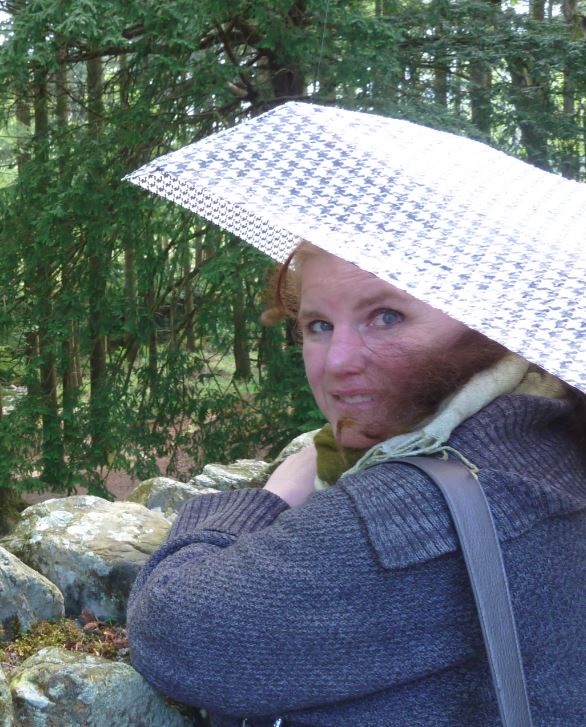For most of the book, I didn’t get it. Yes, the medieval culture is fascinating, and the epidemiology predicts our bird-flu panic almost fifteen years before its time, but this book is more than twice as long as it should have been. The pacing is interminable, repetitive, and very, very frustrating. Kirvin doesn’t get to the 1300's until page 80, and is sick in bed until page 171. What the characters learns comes long after a reader has known it and has been screaming for it for a 100 pages. Kirvin is likable, as is her worried professor, Dr. Dunworthy, but you never feel like you are in their heads.
Do award winners really just have to present a good scientific premise and a hint of a really nice theme (God would have never sent his Son to Earth if He had known what would have happened to him), or was this the science fiction community propping up one of their own?
Perhaps they were won over by the saving grace of this book: the relationships between the characters. This story became very touching as Kivrin cared for the noble children Agnes and Rosemund, and the poor priest named Roche. As all the characters try to save each other from the forbidding black tower of bubonic plague, I liked this book very much at its end.
Then I woke up in the middle of the night, angry at how emotionally manipulative the ending was. Okay, the lessons: (1) Don’t dawdle, don’t repeat things over and over, (2) premise and theme, learn it and love it, (3) characters’ relationships are endearing, but it may not be enough in the end.

 RSS Feed
RSS Feed